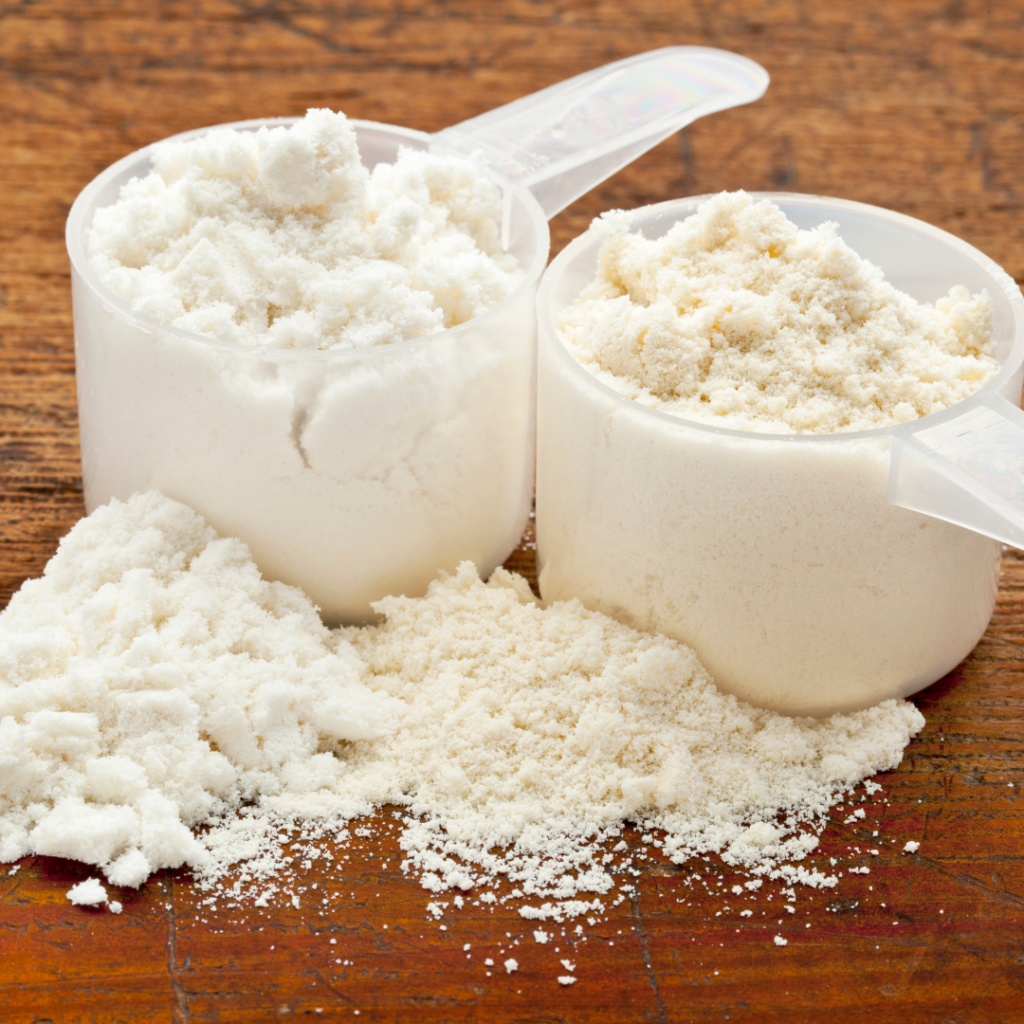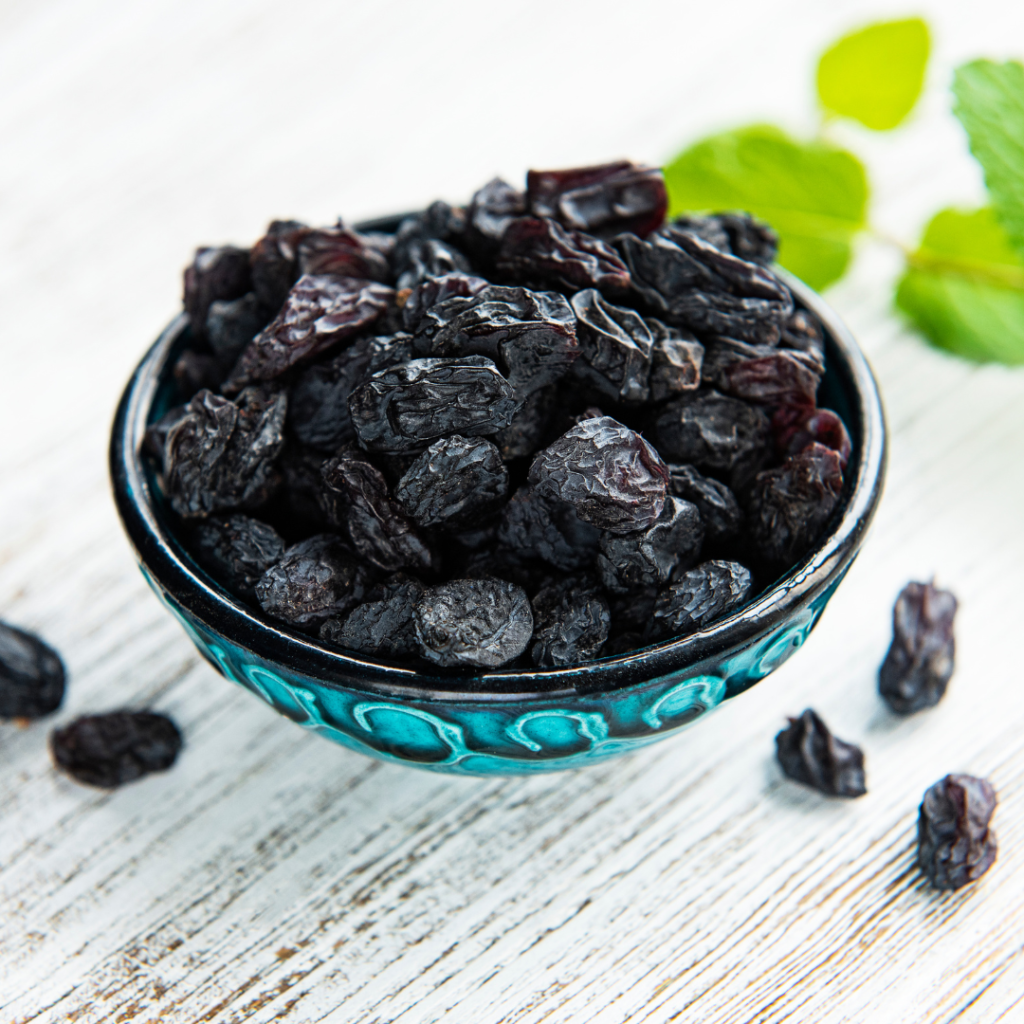Whey protein is a popular supplement among athletes and fitness enthusiasts, but there are many misconceptions about it. Here are some of the most common myths and facts about whey protein:
Myth: Whey protein is unnatural.
Fact: Whey protein is a natural byproduct of cheesemaking. Whey protein is the dried form of the liquid that separates during the cheese-making process from the curd. Whey protein is then dried and powdered to create a supplement.
Image of Cheesemaking process Opens in a new window
www.sciencelearn.org.nz
Cheesemaking process
Myth: Whey protein will make you bulky.
Fact: Whey protein can help you build muscle, but it won’t make you bulky on its own. In order to build muscle, you need to combine whey protein with strength training.
Myth: Whey protein is exclusive to athletes and body builders.
Fact: Whey protein can be beneficial for anyone who wants to increase their protein intake. This includes people who are trying to lose weight, maintain muscle mass, or improve their overall health.
Myth: Whey protein can damage your kidneys.
Fact: There is no evidence that whey protein can damage your kidneys in healthy people. However, people with pre-existing kidney problems should talk to their doctor before consuming whey protein.
Myth: Whey protein is a complete protein source.
Fact: Whey protein is not a complete protein source. You can make a complete meal by combining whey protein with grains, fiber, and nuts. A balanced diet will be above as well. However, whey protein can be combined with other foods, such as grains or nuts, to create a complete protein source.
Benefits of Whey Protein







Side Effects of Whey Protein






If you are considering taking whey protein, it is important to talk to your doctor first to make sure it is safe for you.


